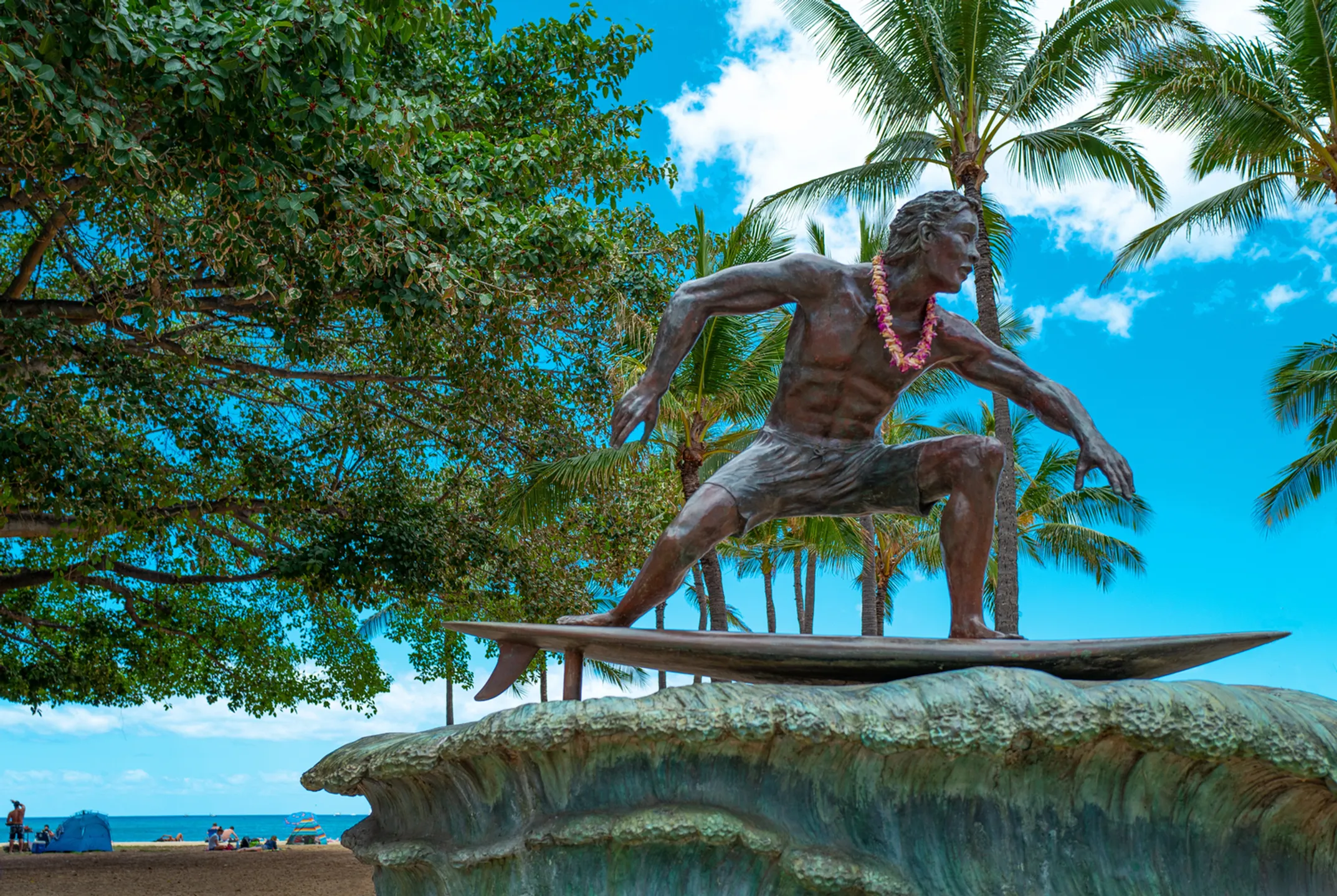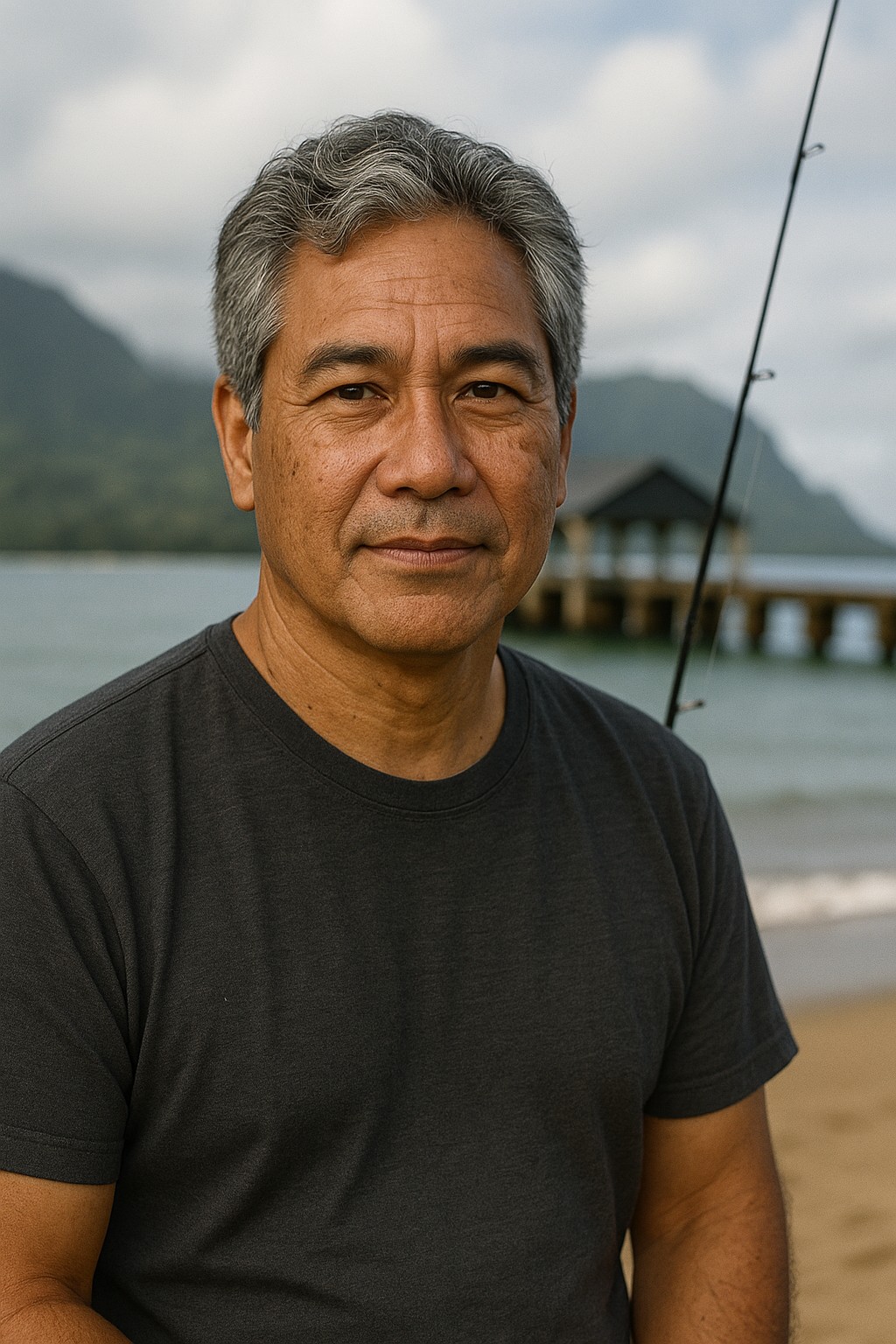

History Buff: Moʻolelo (The Stories)
To walk on the Big Island is to walk on land that remembers kings

Written by a Local Expert
Kalani MillerStories in the Stones, Wind, and Waves
To walk on the Big Island is to walk on land that remembers kings. The stories aren't just in books. They're in the stones, the wind, and the waves. This is where you can listen to them.
Pearl Harbor on Oʻahu tells a crucial story of a single day that changed the world. It is a place of solemn remembrance that every American should see. But here on the Big Island, we have places that tell the story of a thousand years of Hawaiian history, of ancient laws, powerful chiefs, and the birth of a kingdom.
These sacred places hold immense spiritual power. You can feel the mana (spiritual energy) of centuries of ceremony, the weight of ancient kapu (sacred laws), and the presence of ali'i (royalty) who once walked these grounds.
Sacred Ground & Places of Refuge
Ancient Laws & Spiritual Sanctuary
Kalani's #1 Historical Pick: Puʻuhonua o Hōnaunau National Historical Park
This place holds immense spiritual power. In ancient Hawaiʻi, breaking the kapu (sacred law) meant death. But if a lawbreaker could reach the boundaries of a puʻuhonua (place of refuge), they would be absolved by a priest and their life spared. It was sanctuary for the defeated in battle and protection for non-combatants.
Walk through the massive L-shaped Great Wall, standing up to 12 feet high and 18 feet thick. Visit the restored Hale o Keawe temple that once housed the bones of 23 chiefs. See the fierce wooden kiʻi (carved images) that guard the sacred grounds. Feel the mana (spiritual power) of the adjacent Royal Grounds, home to ruling chiefs.
Kalani's Tip:
Take the self-guided walking tour and use the park's mobile app for narration. Don't rush. Find a spot near the Royal Grounds and just listen to the waves. You can feel the history here. It's the perfect place to combine with an afternoon of snorkeling at Two Step, which is right next door.
Kingdom-Building History: Puʻukoholā Heiau National Historic Site
This massive temple tells the story of Hawaiian unification. In the late 18th century, a prophet told Kamehameha the Great that if he built a grand temple in honor of the war god Kū, he would succeed in conquering and uniting the Hawaiian Islands.
Kamehameha and his men constructed this enormous heiau by hand, without mortar. The prophecy came true. This site is directly linked to the birth of the Kingdom of Hawaiʻi, making it one of the most significant historical locations in the Pacific.
Kalani's Tip:
Stop at the visitor center first for excellent context. The sheer scale of the temple, built entirely by hand, is mind-boggling. It's a raw testament to the power and vision of our greatest king.
A Glimpse into Daily Life: Lapakahi State Historical Park
This partially restored 600-year-old fishing village offers an intimate look at how the makaʻāinana (common people) lived in harmony with the land and sea.
The self-guided 1-mile interpretive trail winds past stone walls marking house sites (hale), a canoe shelter (halau waa), ancient game boards (papamū), and a family shrine (mua). It's a quieter, more contemplative experience than the grand royal sites.
Kalani's Tip:
Visit in the morning or late afternoon to avoid the intense Kohala sun, and wear sturdy shoes. This is less about grand kings and more about the ʻohana (family) that thrived on this rugged coast.
Echoes of the Past
First Contact & Cultural Transformation
Kealakekua Bay: First Contact
This pristine bay witnessed one of the most pivotal moments in Hawaiian history. Captain James Cook, the first westerner to land here, arrived in 1779. One year later, he was killed in a skirmish with Hawaiians at this same spot.
The stark white obelisk on the shore marks this complex and transformative moment in our history.
Paniolo Country (Waimea): Hawaiian Cowboys
Most people don't know that Hawaiian cowboys predate those of the American West. In the early 1800s, King Kamehameha I was gifted cattle. He brought in cowboys from Spanish California to teach Hawaiians how to manage the herds.
Visit Parker Ranch, once one of the largest privately-owned ranches in the US, and experience the unique upcountry culture.
Puakō Petroglyph Archaeological District
Walk the Malama Trail through a thorny kiawe forest to witness thousands of ancient Hawaiian rock carvings (kīʻi pōhaku). These images of humans, animals, and mysterious symbols, pecked into lava rock centuries ago, are direct communication from the past. It's one of the largest and most accessible collections of petroglyphs in Hawaii.
🗿 Ancient Messages in Stone
The petroglyphs at Puakō represent centuries of Hawaiian storytelling carved directly into lava rock. Each symbol carries meaning - from simple human figures to complex family genealogies.
Common Symbols:
- • Human figures (anthropomorphs)
- • Sailing canoes and paddles
- • Dogs and other animals
- • Geometric patterns
Cultural Significance:
- • Birth announcements
- • Family genealogies
- • Spiritual markers
- • Boundary markers
🗺️ Big Island Guide
ℹ️ Historical Sites Info
- Best Time: Early morning
- Entry Fees: Most are free
- Guided Tours: Self-guided
- Cultural Protocol: Show respect
🏛️ Must-Visit Sites
Place of refuge
Kamehameha's temple
Ancient fishing village
Ancient rock carvings
🙏 Cultural Respect
"These places are not just tourist sites - they are sacred to the Hawaiian people."
- Speak quietly and move respectfully
- Don't climb on or touch ancient structures
- Leave offerings and artifacts undisturbed
- Take time to learn the stories and significance

